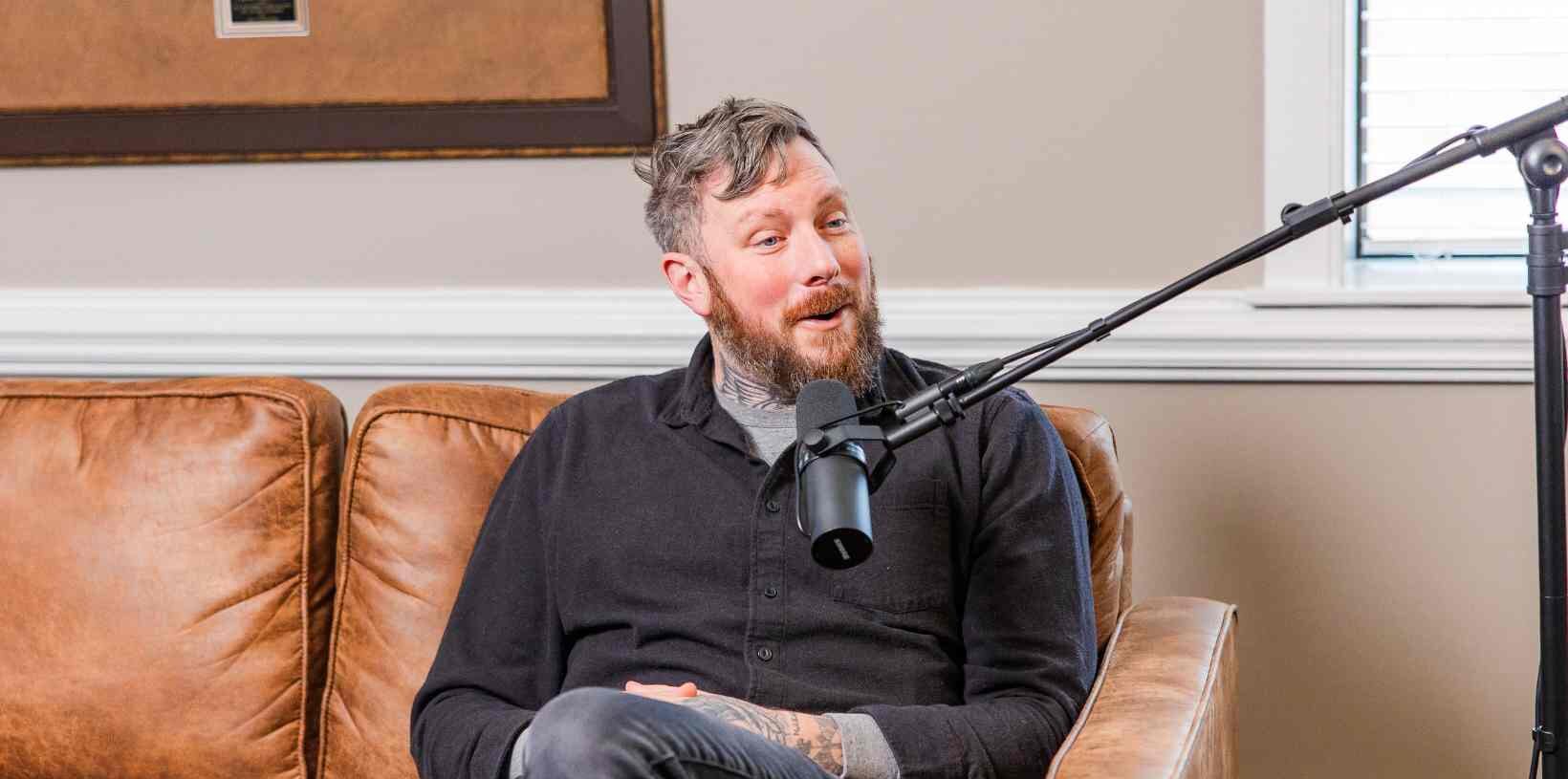“This can’t be happening!”
“There is no way my kid would do that.”
“I taught them better than this. I mean they know better.”
“He grew up in the church.”
“She’s always been so responsible.”
Do any of these statements sound familiar?
These are many of the statements that parents rehearse when they find out that their loved one is trapped in addiction.
You tell yourself stories to avoid the grief associated with that child now being stuck right in the middle of a problem that controls their life. A problem that if not dealt with could cost them their life. It’s pretty dangerous.
The truth of this, just like with any grief. You deny the problem. It’s the first step in coping with a reality that has smacked you hard in your face.
“My Kid is an Addict.”
As a loving parent that prognosis is not one, you want to accept. So the initial gut-check response is to deny it or ignore it.
That doesn’t make you irresponsible as a parent; it just makes you human. Because this is the first of the five stages that every person goes through when fighting grief.
Even though your child is still living, every parent of an addict will tell you they fight pain. When in the middle of the throws of addiction the loved one doesn’t come around much. When they are home, they are a different person than you knew them to be. You have to cope with the loved one not being who they were.
While on drugs a person changes.
They act differently, think differently.
Logical thinking is non-existent.
So how does one cope with this in the family? Sometimes, denial.
It’s immensely important to know that if you stay in denial, you could miss an opportunity to help before the problem gets too bad.
But, if you’re going to deal with this problem, you have first to recognize that the problem exists. As hard as it may be the stories that you are telling yourself to cope have to stop.
Drug use is dangerous.
But when it hits home…emotions keep you from thinking rationally and often you will dance around the problem and tell us that it’s not as bad as it seems. Yes it is and the longer you take to address a problem, the worse it can get.
So my simple encouragement today.
Face reality head on.
I know all the possible questions to this blog post.
What if they aren’t ready to get help? What do I do if they are in denial?
Those are great questions, but not meant to be covered in this article. This article is all about you, the parent, moving past denial so you can begin to take some positive steps forward in truly helping your loved one break free.
If you’re going to help, you must first recognize there’s a need for help.



